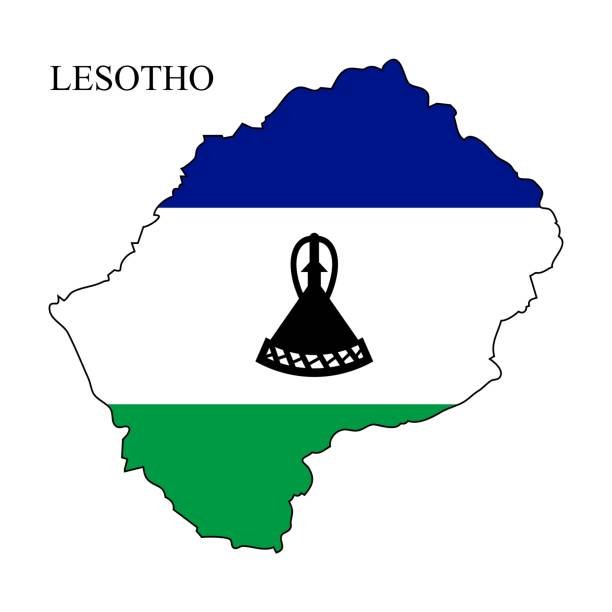How did Moshoeshoe save Lesotho for its people?
Skip to content
Skip to footer
How did Moshoeshoe save Lesotho for its people?
How did Moshoeshoe save Lesotho for its people?

